It’s easy to get caught up in the latest “longevity” trends—smoothies packed with kale, chia seeds sprinkled over everything, and coconut oil as a magical cure-all. But what if some of these foods you thought were adding years to your life are doing the opposite? It’s time to rethink some of our most beloved health staples. You might be shocked to learn that some of the foods you’ve been faithfully eating for years aren’t quite the miracle workers they’ve been marketed as. So, let’s dive in, shall we?
1. Kale
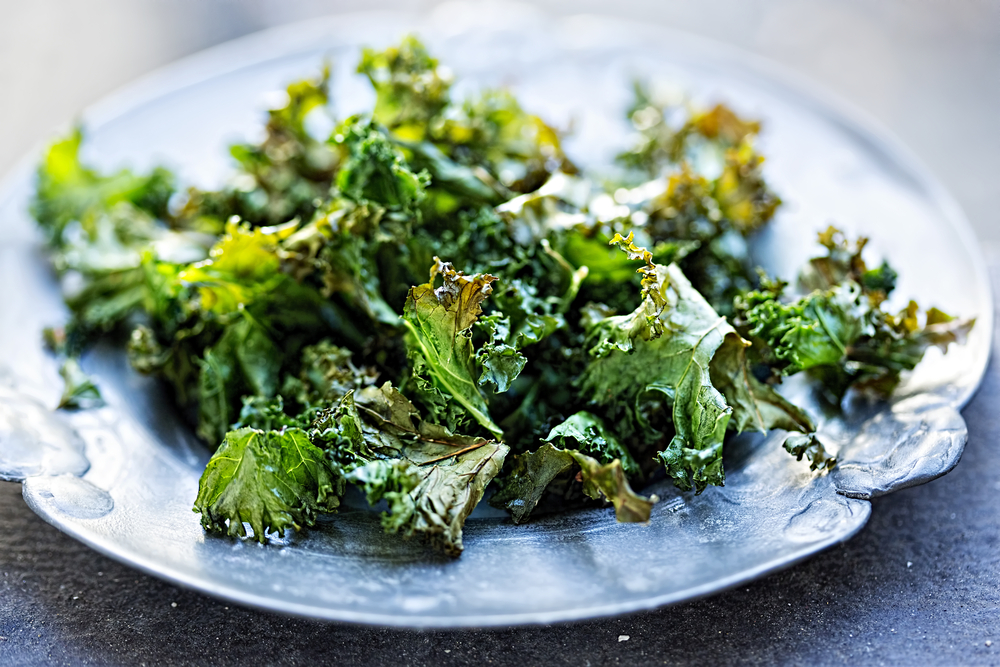
Kale has been the darling of the superfood world for nearly a decade, showing up in salads, juices, and even as chips. Sure, it’s packed with fiber and vitamins, but what we don’t often talk about is its high levels of oxalates, which can interfere with calcium absorption and contribute to kidney stones. For those with sensitive digestive systems, kale can also be a bit of a culprit, causing bloating and discomfort that we simply chalk up to a “healthy” meal.
While it’s undeniably nutrient-dense, kale’s intense bitterness and high fiber content can make it harder for your body to process, especially when consumed in excess. According to ABC News, overconsumption of kale may interfere with thyroid function in individuals prone to thyroid issues. If you’re obsessed with your daily kale salad, you might want to swap in some milder greens like spinach or arugula, which are easier on your system and still provide tons of health benefits. Sometimes, less is more when it comes to these so-called “superfoods.”
2. Almonds
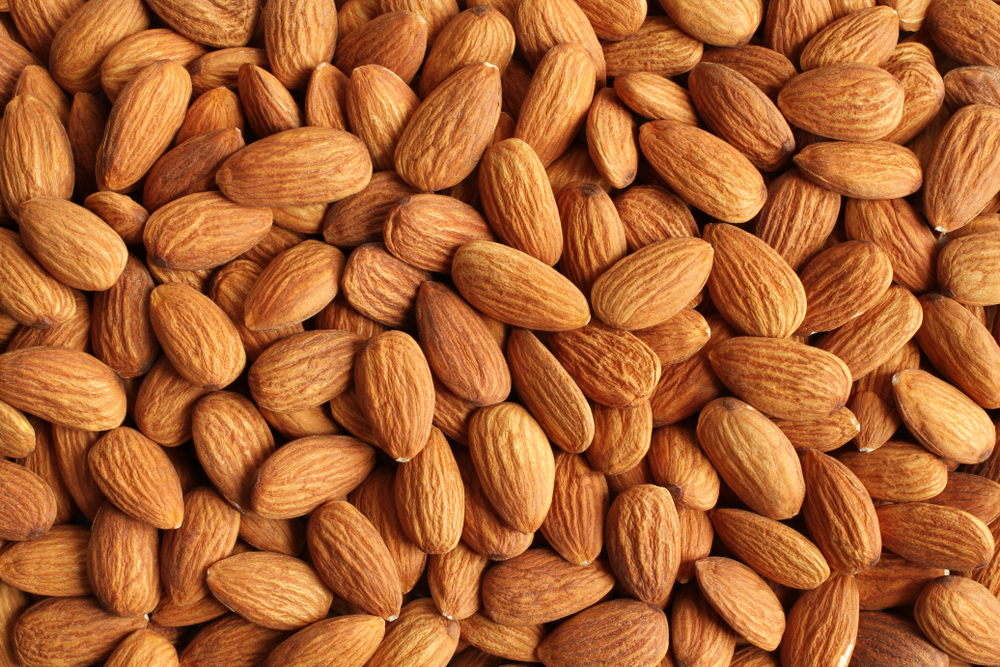
Almonds have earned their place as the go-to snack for anyone serious about healthy living. Rich in healthy fats and protein, they seem like an obvious choice. But here’s the thing: they’re incredibly calorie-dense, which means a small handful can quickly spiral into an indulgence that sabotages your weight management goals. Plus, they can be surprisingly high in phytic acid, which blocks the absorption of important minerals like zinc and iron.
For those sensitive to nuts, almonds can also trigger digestive issues, especially if you tend to go overboard on them. According to Times Now News, excessive almond consumption may lead to bloating, upset stomach, and even kidney stones due to their high oxalate content. Opting for a variety of other nuts—like walnuts or pistachios—could provide you with a more balanced nutrient profile while sparing your digestion from overburdening.
3. Coconut Oil
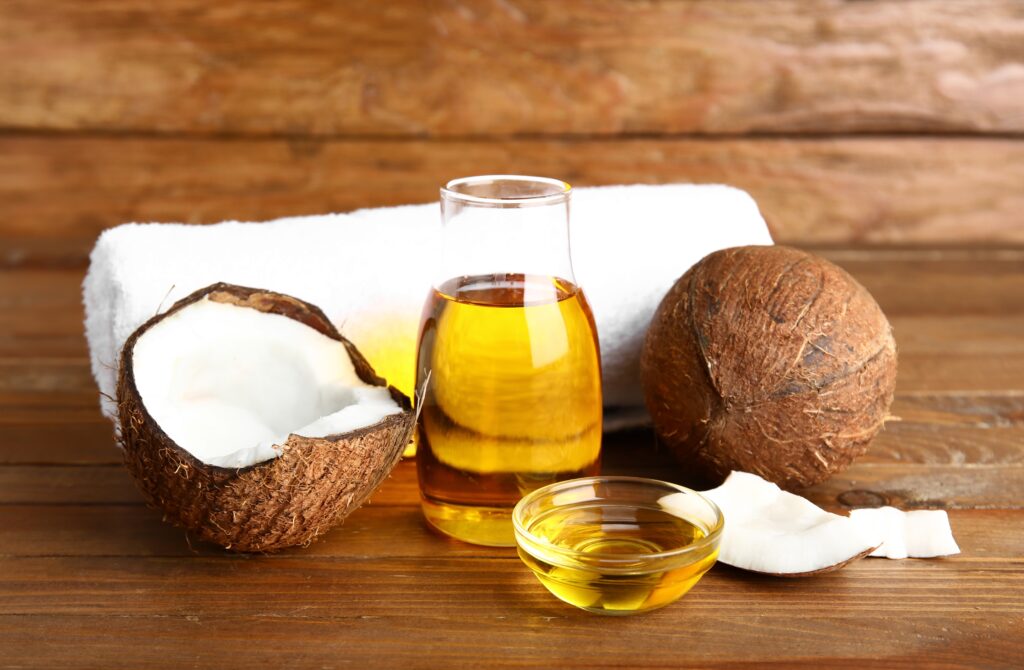
Coconut oil is often touted as the ultimate “superfood”—a natural alternative to butter, a skincare savior, and even a weight loss aid. But despite its health halo, coconut oil is very high in saturated fats, which can raise cholesterol levels when consumed regularly. It may be better to keep it in the pantry for the occasional cooking project rather than relying on it as an everyday oil for frying, sautéing, or baking.
Although it has antimicrobial properties, the hype surrounding coconut oil as an all-encompassing health panacea has been overblown. The experts at Eat Right say that diets high in saturated fat—including coconut oil—may increase cholesterol levels and the risk of heart disease. If you’re trying to live longer, you might want to reconsider using it as your go-to cooking fat and look to oils that are lower in saturated fats, such as avocado or olive oil.
4. Acai Bowls

Acai bowls, with their vibrant purple hue and toppings that range from granola to honey, have become a symbol of Instagram-worthy wellness. But here’s the catch: while acai berries themselves are packed with antioxidants, the bowls we’re eating are often loaded with sugar and calories. Add to that the high-calorie toppings like granola, peanut butter, and coconut flakes, and you’ve got yourself a sugary snack masquerading as a health food.
If you’re truly after longevity, it’s important to remember that acai bowls should be treated more like a treat than a daily meal. Studies published in Healthline reveal that commercially prepared acai bowls can contain large portion sizes and high amounts of added sugar, making them more of an indulgence than a health food. The best way to enjoy acai is by using it as a base for a lighter, nutrient-dense breakfast—perhaps with a few berries, a drizzle of almond butter, and a handful of chia seeds. Moderation is key, even when the foods look as healthy as acai.
5. Greek Yogurt
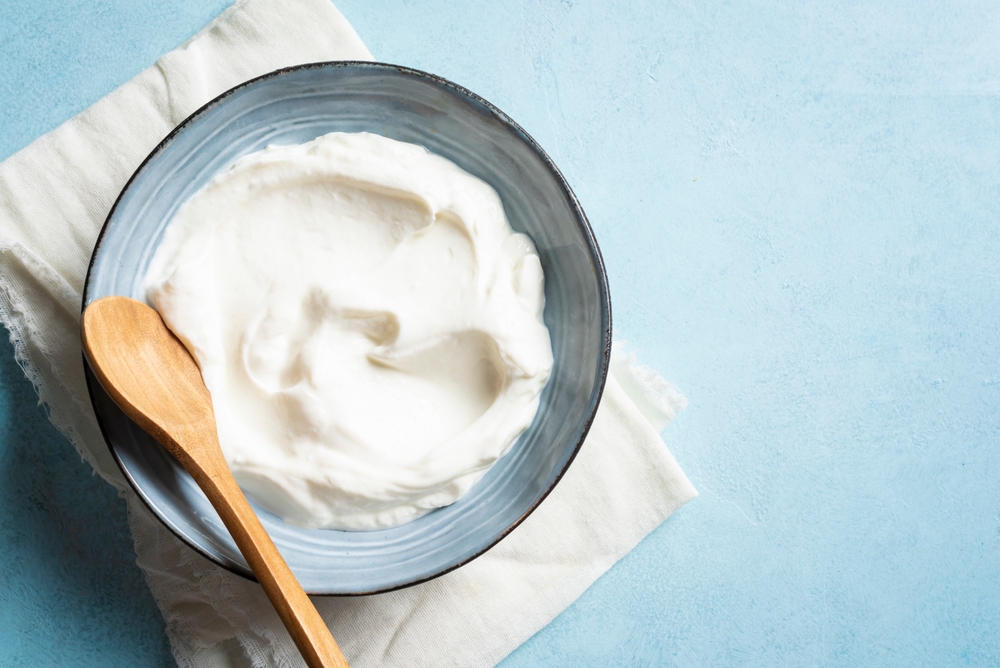
Greek yogurt has earned a reputation as a health staple for its high protein content and gut-friendly probiotics. But here’s the thing: many store-bought varieties are loaded with added sugars, which can sabotage their benefits. While it can be an excellent source of calcium and protein, those sugar-laden options aren’t doing your waistline or your blood sugar any favors.
To truly benefit from Greek yogurt, always opt for plain, unsweetened versions and add your natural sweetness with fruit or a drizzle of honey. The sugar content in many flavored varieties can counteract the potential health benefits, leaving you with a snack that’s less about nourishing your body and more about indulging your sweet tooth.
6. Granola
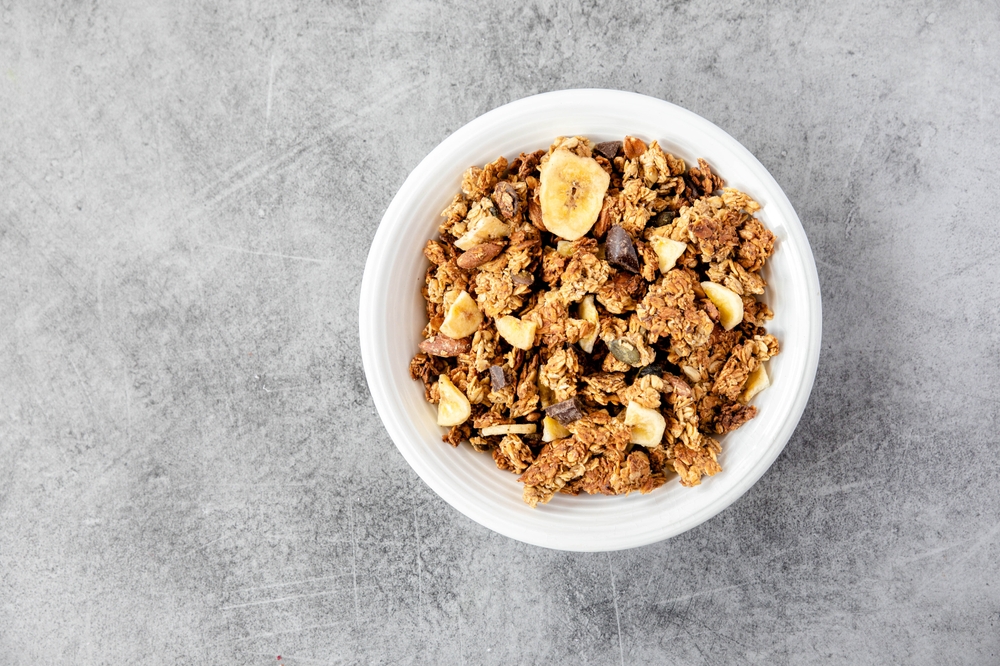
Granola is often seen as a go-to for a healthy breakfast or snack, but let’s get real: many store-bought versions are packed with refined sugars, oils, and preservatives. Even though it’s marketed as a “clean” food, granola can be a sugar bomb disguised as a wholesome choice. If you’re consuming granola regularly, you might be unknowingly loading up on sugar and calories that you don’t need.
Instead of relying on pre-packaged granola, try making your own with oats, nuts, seeds, and a touch of honey. This way, you can control the ingredients, ensuring you’re getting a nutrient-dense snack without the excess sugar. Remember: healthy eating doesn’t mean taking every trendy food at face value—it means being mindful of the hidden sugars lurking in many so-called wholesome choices.
7. Fruit Juices
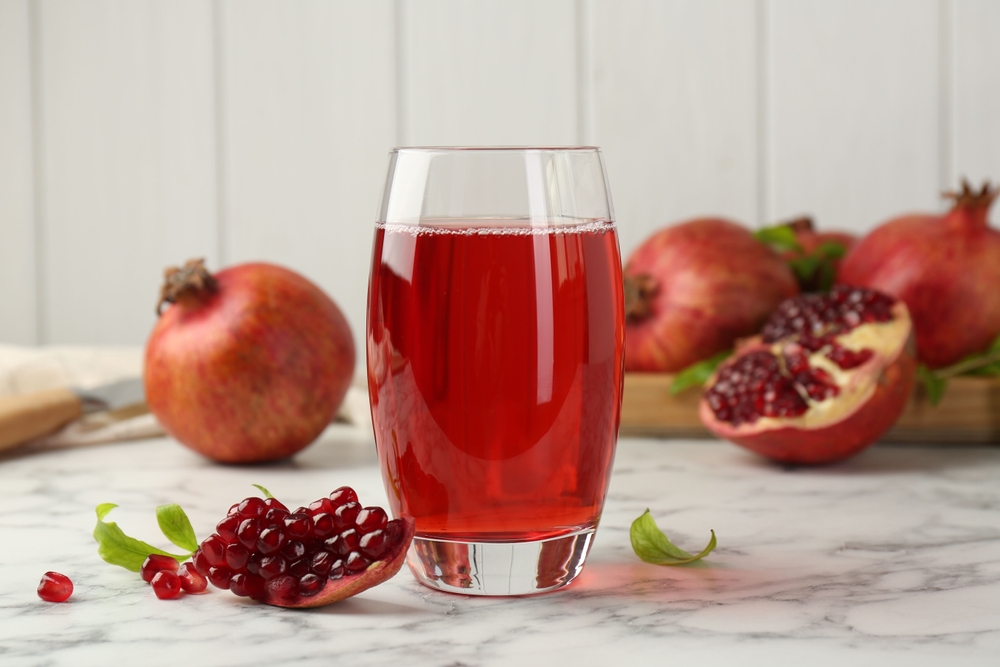
Fruit juice, especially the fresh-pressed varieties, often seems like the perfect way to pack in your daily vitamins. But the problem is, fruit juice is essentially liquid sugar with little to no fiber. Even when you choose juices with no added sugars, the high sugar content can spike your insulin and lead to energy crashes, not to mention potential long-term health issues like diabetes.
If you’re serious about longevity, it’s time to swap out the juice for whole fruit. Eating the fruit with its fiber intact ensures that your body absorbs the nutrients slowly and steadily, preventing sugar spikes and supporting digestion. So, while juice can be a refreshing treat, don’t make it your go-to drink for hydration.
8. Protein Bars
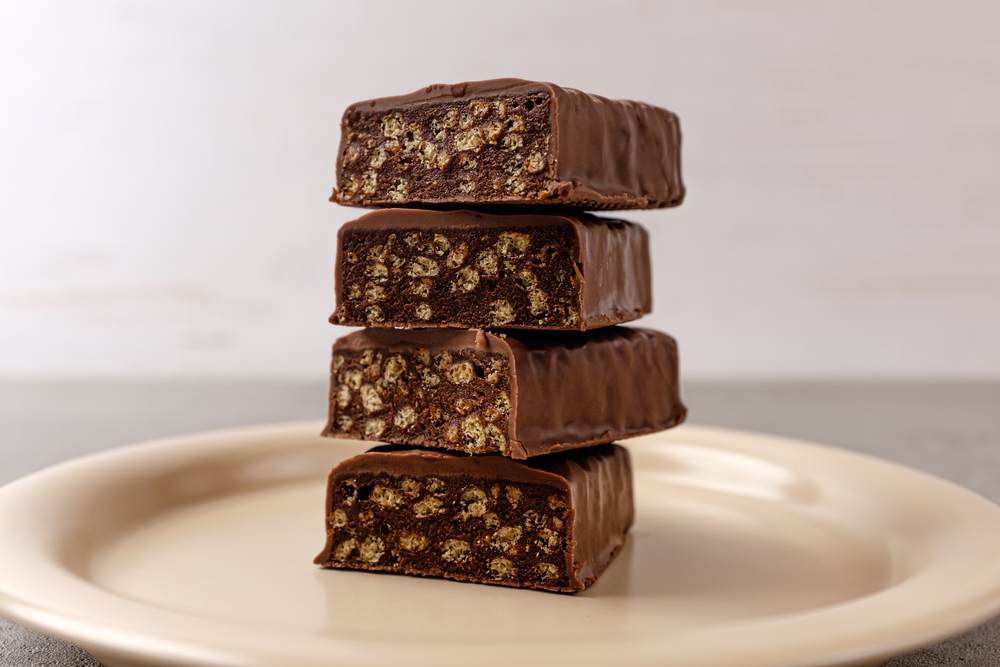
Protein bars have exploded in popularity as a quick, healthy snack for those on the go. However, many of these bars are packed with artificial sweeteners, fillers, and preservatives that make them more of a processed food than a health food. Even the “natural” versions often contain sugar alcohols that can disrupt digestion and leave you feeling bloated.
Instead of reaching for a protein bar, try whole foods like nuts, seeds, or a smoothie made with real protein sources like Greek yogurt or plant-based protein powders. Not only are these options better for your gut, but they also provide more lasting energy without the crash that comes from processed protein bars.
9. Low-Fat Foods
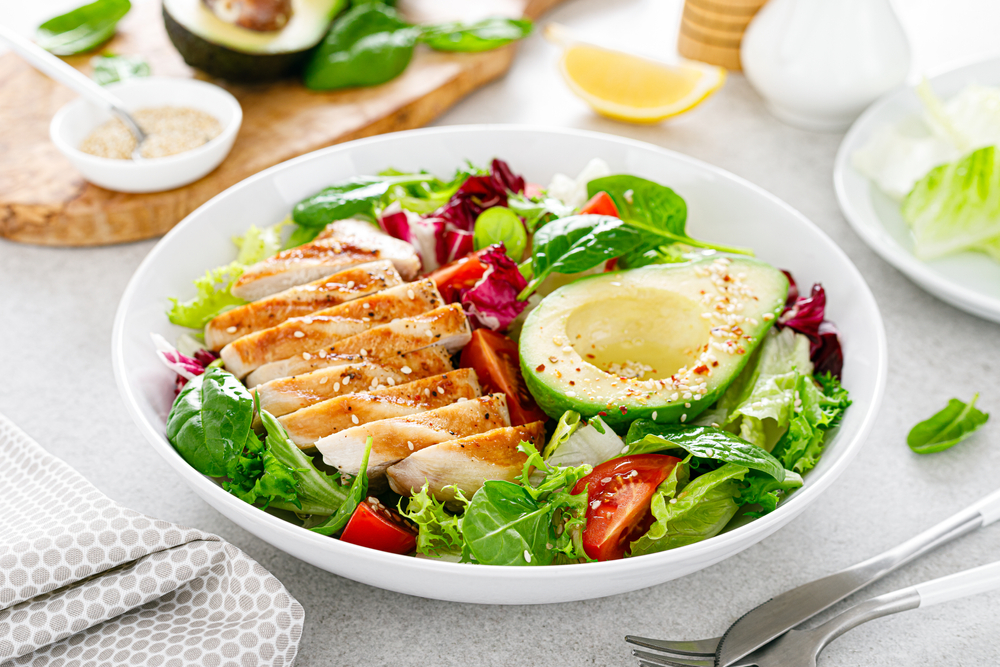
Low-fat foods have been marketed as the “healthier” option for decades, but they often come with a hidden downside. When fat is removed from a food, it’s often replaced with sugar or refined carbs to make it taste better, which can lead to weight gain and blood sugar imbalances. Low-fat doesn’t always equal healthy, and in many cases, it can be worse for you than simply sticking with the full-fat version.
Instead of choosing low-fat alternatives, focus on incorporating healthy fats into your diet. Foods like avocados, olive oil, and nuts provide essential nutrients that your body needs to function optimally. Embrace a more balanced approach to fat—after all, your body craves it for good reason.
10. Low-Carb Diets
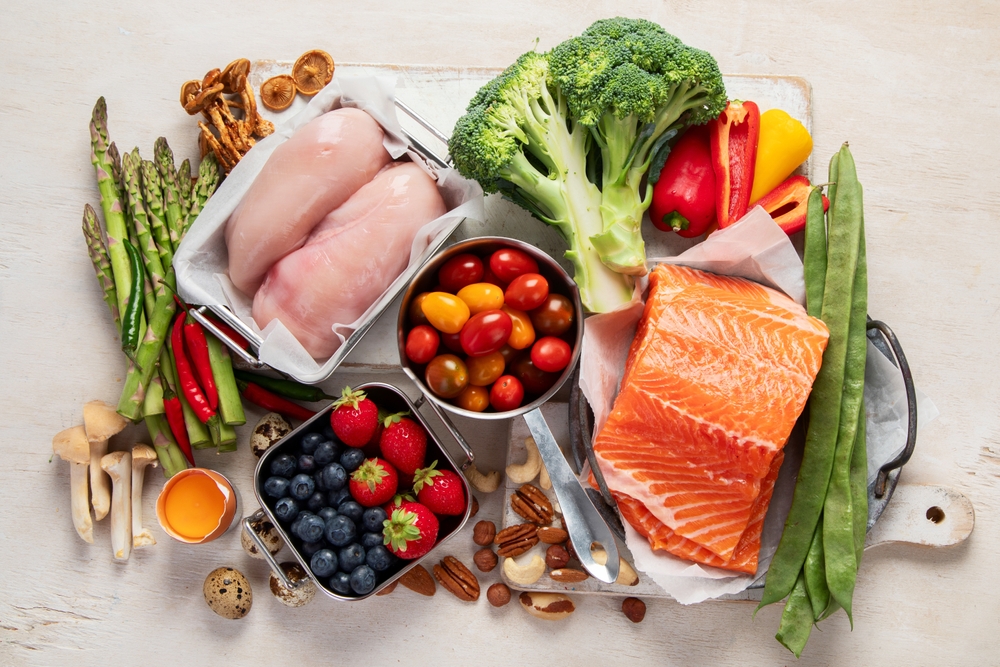
Low-carb diets are beloved by many, promising fast weight loss and increased energy. However, severely restricting carbs can have a negative impact on your metabolism, gut health, and even your mental clarity. While cutting back on refined carbs is a wise decision, eliminating them from your diet may leave you deficient in essential nutrients and cause long-term health consequences.
Instead of going full throttle on a low-carb diet, consider a more sustainable approach that includes whole grains, legumes, and starchy vegetables. These foods provide fiber, vitamins, and minerals that are essential for overall health, while still helping to manage your weight and energy levels. It’s all about moderation and balance, especially when it comes to macronutrients.
11. Smoothie Bowls
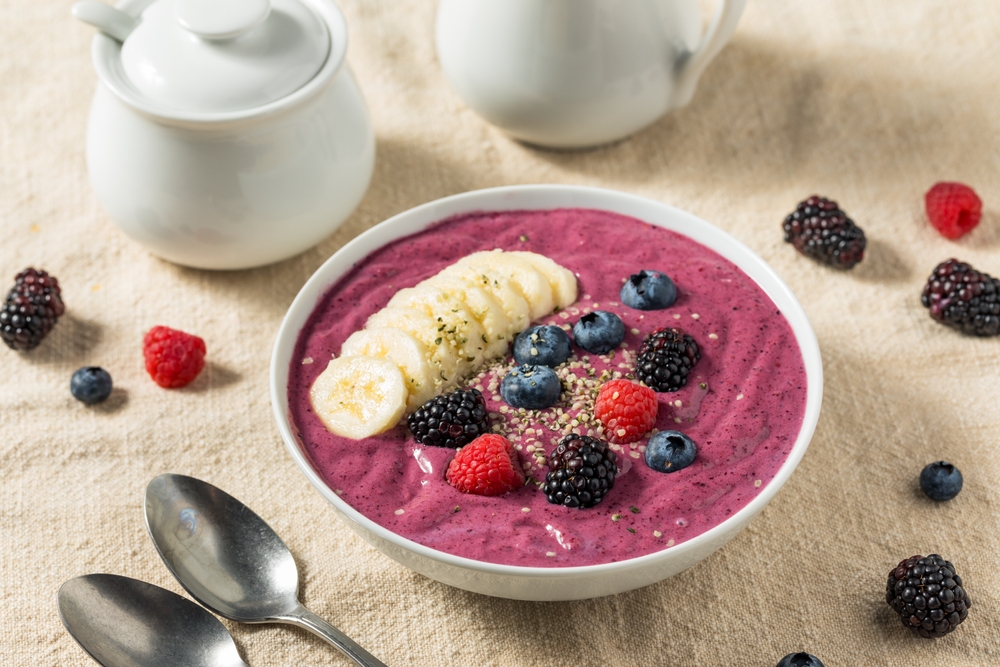
Smoothie bowls might look like a healthy indulgence, but don’t let the vibrant colors fool you. These bowls often pack a punch of sugar, especially when topped with granola, syrup, or sweetened coconut. Sure, they’re filled with fruits and vegetables, but the sheer amount of sugar you consume in one sitting can leave you feeling sluggish and unbalanced.
If you’re craving a smoothie, try making one in liquid form and skip the toppings. This allows you to enjoy all the nutritional benefits without overloading on unnecessary sugar. Your body will thank you for it, and you’ll feel the difference in your energy levels and digestion.
12. Sweeteners
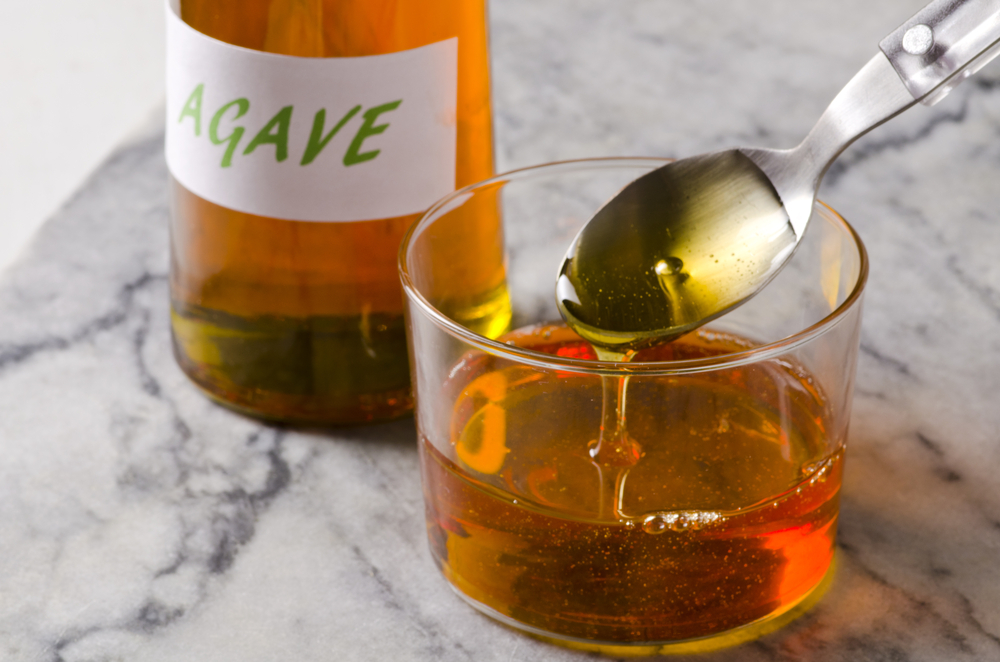
Artificial sweeteners have become the go-to option for people trying to cut sugar from their diets, but these sugar substitutes come with their own set of issues. Many of them can disrupt your gut bacteria and lead to cravings for sweeter foods, making it harder to stick to a healthy diet in the long run. Some sweeteners have been linked to digestive discomfort and even headaches.
Instead of relying on artificial sweeteners, experiment with natural options like stevia or monk fruit. These options don’t cause the same digestive issues and are a better choice for satisfying your sweet tooth without derailing your wellness journey. Sometimes, the best approach to sweetness is simply to embrace it in moderation.
13. Dried Fruit
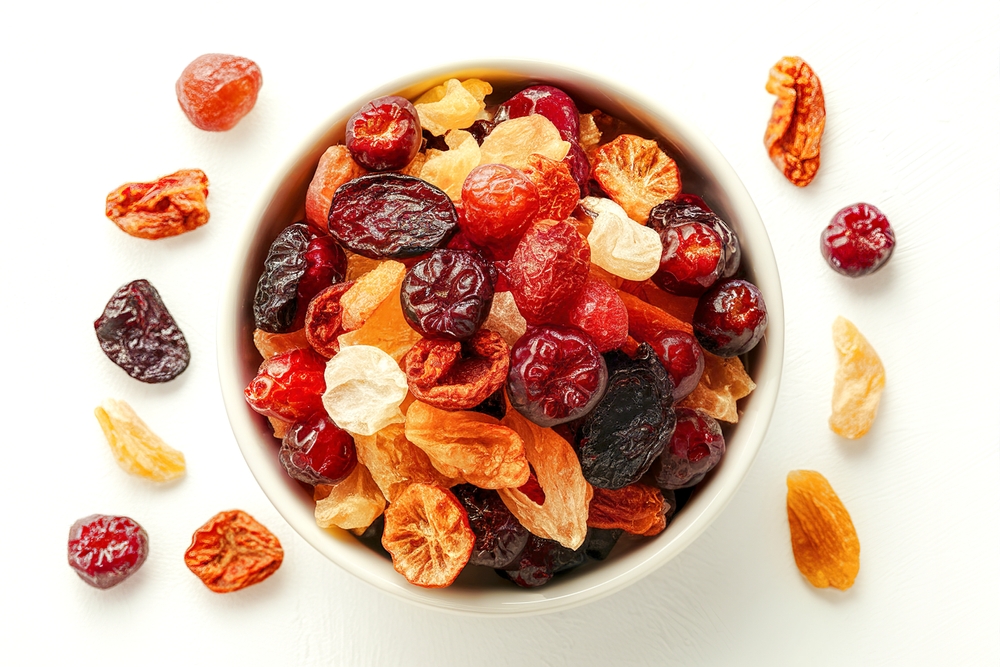
Dried fruit seems like a healthy snack, but the truth is that it’s often loaded with sugar and calories once the water is removed. Without the water content, dried fruit becomes much more concentrated in terms of both sugar and calories, making it easy to overeat. You’re much better off sticking with fresh fruit, which offers fiber and hydration along with its natural sugars.
If you must have dried fruit, make sure it’s free from added sugars and preservatives. But keep in mind that fresh fruit offers far more health benefits, and it’s the better choice for supporting longevity. Enjoy dried fruit as an occasional treat, not a daily habit.
14. Multigrain Bread
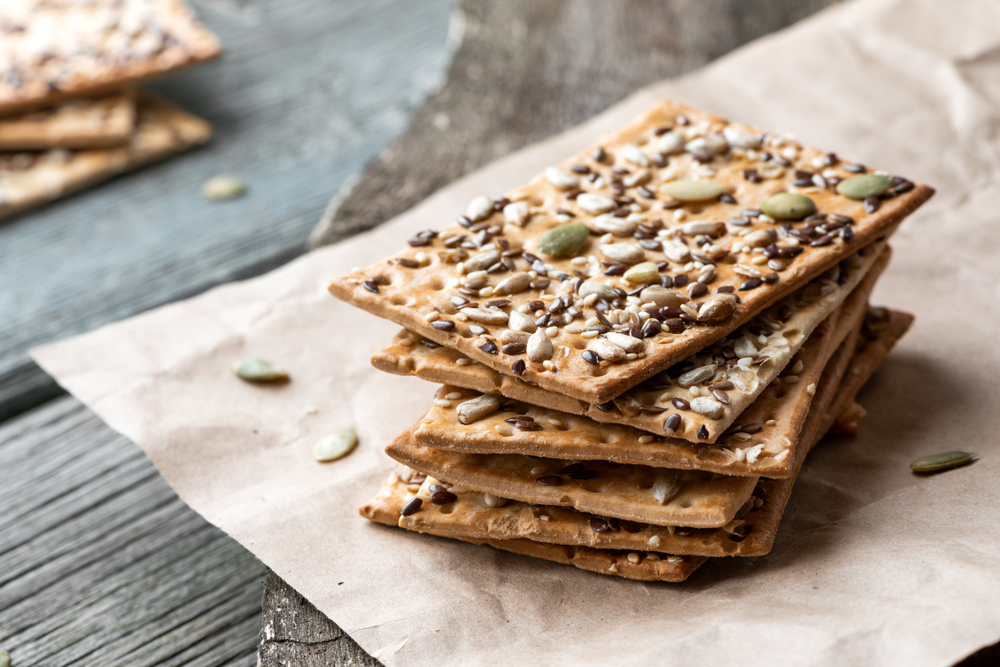
Multigrain bread may seem like a healthy option, but don’t be fooled by the label. Many store-bought multigrain breads are packed with refined flour and sugars, making them less healthy than they appear. The grains used are often processed, stripping away their fiber and nutrients in the process.
For a healthier option, opt for whole grain bread that lists whole wheat flour as the first ingredient. Whole grains provide more fiber, which helps with digestion and keeps you feeling fuller for longer. So, next time you’re reaching for that loaf, read the label carefully and opt for the truly whole-grain version.

Abisola is a communication specialist with a background in language studies and project management. She believes in the power of words to effectively connect with her audience and address their needs. With her strong foundation in both language and project management, she crafts messages that are not only clear and engaging but also aligned with strategic goals. Whether through content creation, storytelling, or communication planning, Abisola uses her expertise to ensure that her messages resonate and deliver lasting value to her audience.


